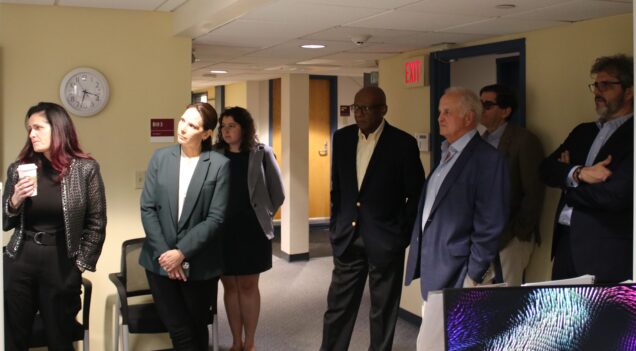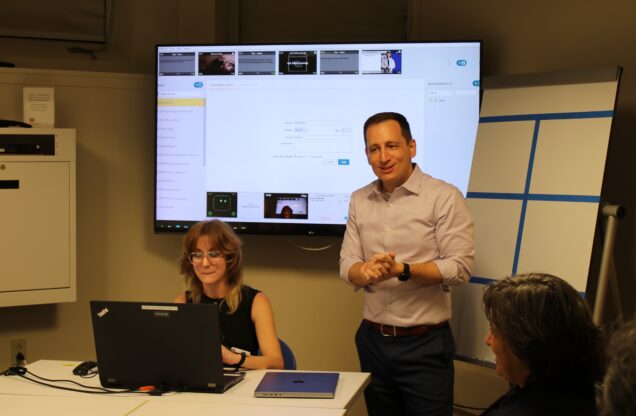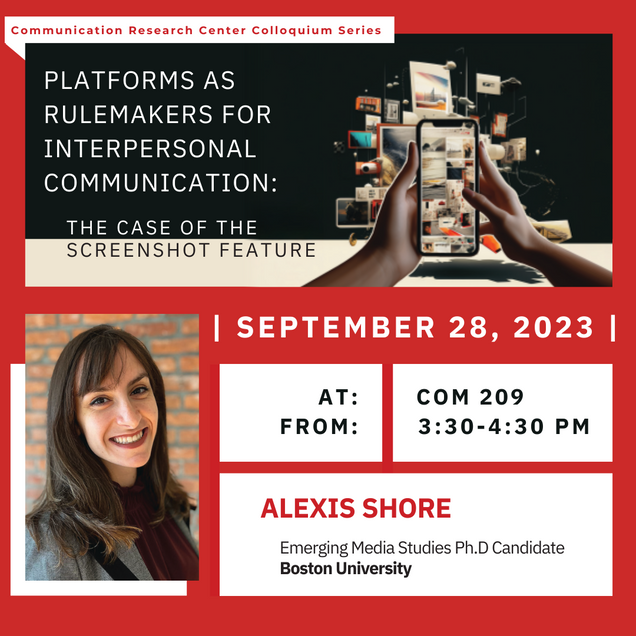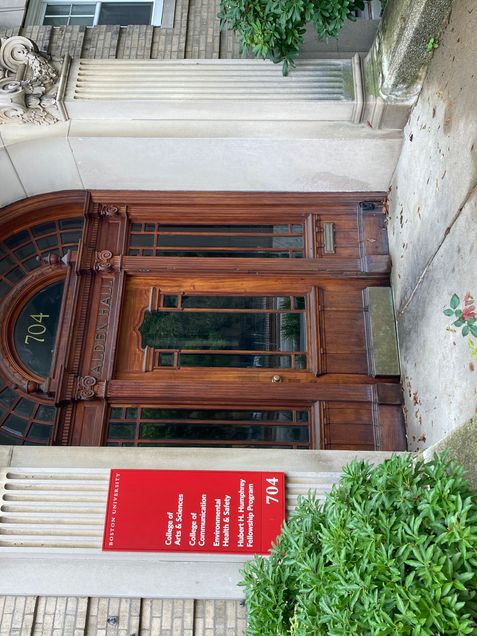By: Michelle Amazeen
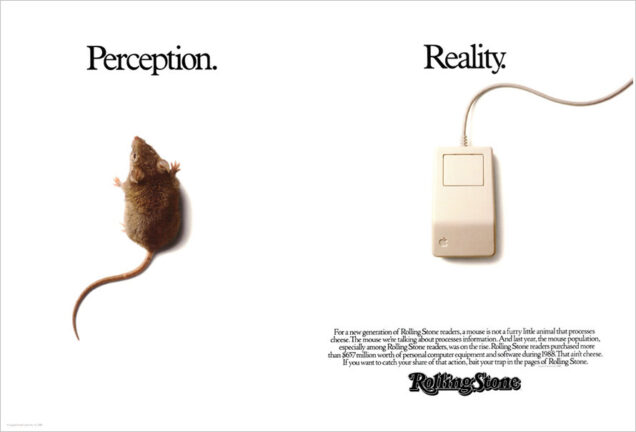
In the mid-1980s, Rolling Stone Magazine underwent an image transformation. Widely perceived of as a magazine carrying content that only appealed to a niche population of counterculture hippies, the award-winning “Perception. Reality.” advertising campaign, created by advertising agency Fallon McElligott, disputed that notion. Through a series of over 60 print executions, the ads conveyed that readers were actually mainstream and affluent.
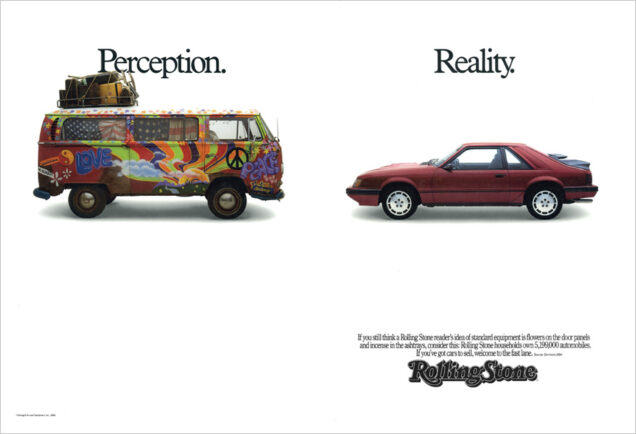
Similarly, the Communication Research Center (CRC) is sometimes perceived of as having activities that primarily involve programming with speakers from other universities and/or research presentations by BU COM faculty. It’s true that since 2011, the Dr. Melvin L. DeFleur Lecture Series has annually invited two distinguished scholars from outside the university to share their scholarship, expertise, and experience with the BU community. Even before then, since October 2009, the Communication Research Colloquium Series has hosted monthly research presentations every semester that highlight current and original research of CRC fellows. However, to say that CRC activities are primarily limited to speaker series is not reflective of reality.
Since 2011, the CRC has facilitated scores of research studies, many involving surveys. Our fellows review survey research protocols to ensure the rights and welfare of humans participating as subjects in research. Dozens of these studies have sampled from the student population of COM made possible by our SONA participant recruitment and study management software that we acquired in 2016. Other studies are based upon non-student populations, such as this one – covered by CNBC – about U.S. adult perceptions of climate change.
Still other studies involve in-lab controlled experiments approved by the university’s Institutional Review Board. One study, for example, examined the ability of participants to recognize whether media content was a news article versus “native advertising,” a form of sponsored content that imitates journalism. Some participants who arrived at the CRC were provided an iPhone on which to view the content while others were provided with a laptop. As predicted by the Persuasion Knowledge Model, even the participants most motivated to engage with news were less likely to recognize that content was advertising when viewed via the iPhone.
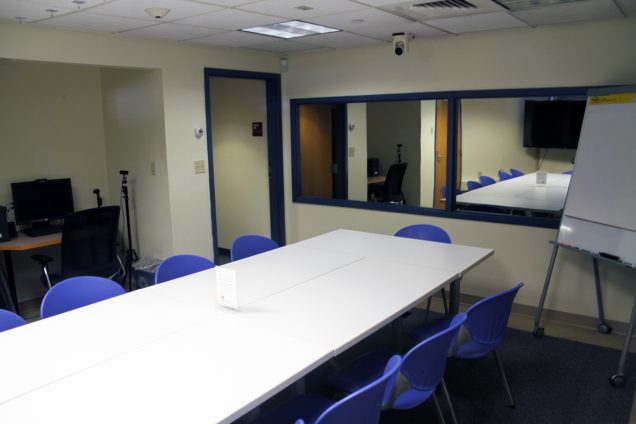
Beyond surveys and experiments, the CRC has hosted focus groups in our state-of-the art focus group facility. The adjacent viewing room with a one-way mirror allows for unobtrusive observation, and the digital recording tower can create audio/video recordings of sessions.
Our on-site data analysis and coding lab with dual-monitor computer stations facilitates the analysis and coding of media content. In one study, for instance, researchers conducted a content analysis of commonly binge-watched online original TV programs for portrayals of violence. Consistent with Cultivation Theory, the programs were often violent, with non-white women more likely to be targets of sexual violence and non-white men more likely to be the perpetrators.
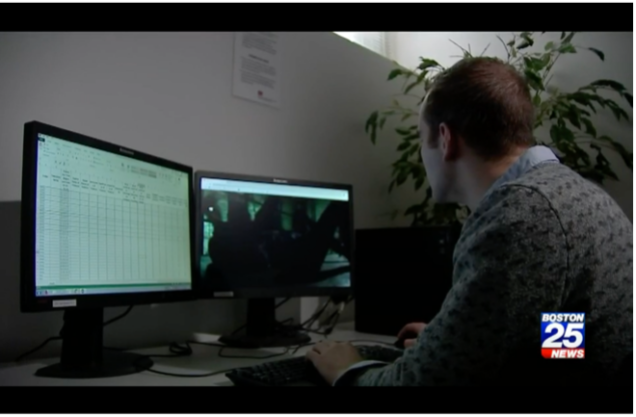 You can learn more about this study from the news coverage it generated in 2019 on Boston 25 News.
You can learn more about this study from the news coverage it generated in 2019 on Boston 25 News.
Many other studies conducted by CRC fellows rely upon social media data obtained from the varying social media listening tools we offer or leverage COM’s Media & Technology surveys that poll nationally representative samples of U.S. residents.For example, one such study reported by the Boston Globe examined adults’ perceptions of dating apps and another, reported by eWeek, examined artificial intelligence.
Indeed, the reality is that, more than just a forum for scholars to present their research, the CRC has been helping its fellows produce research that has been covered in national news media, from the New York Times to the Los Angeles Times to CNN. That’s research that matters.
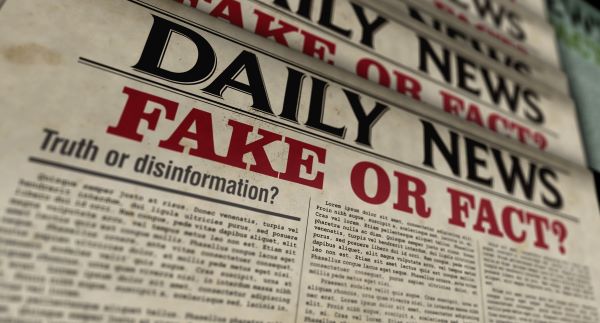
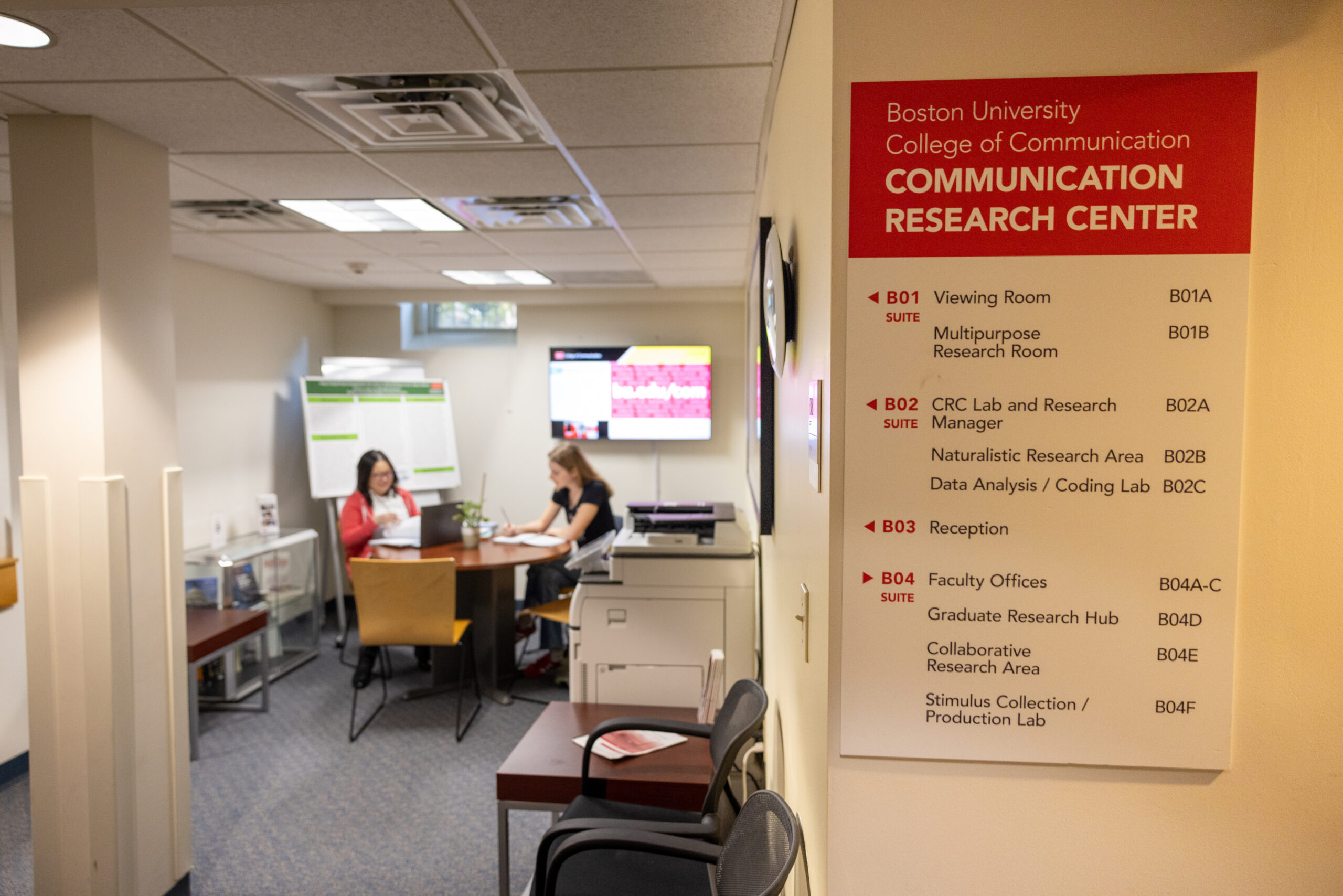
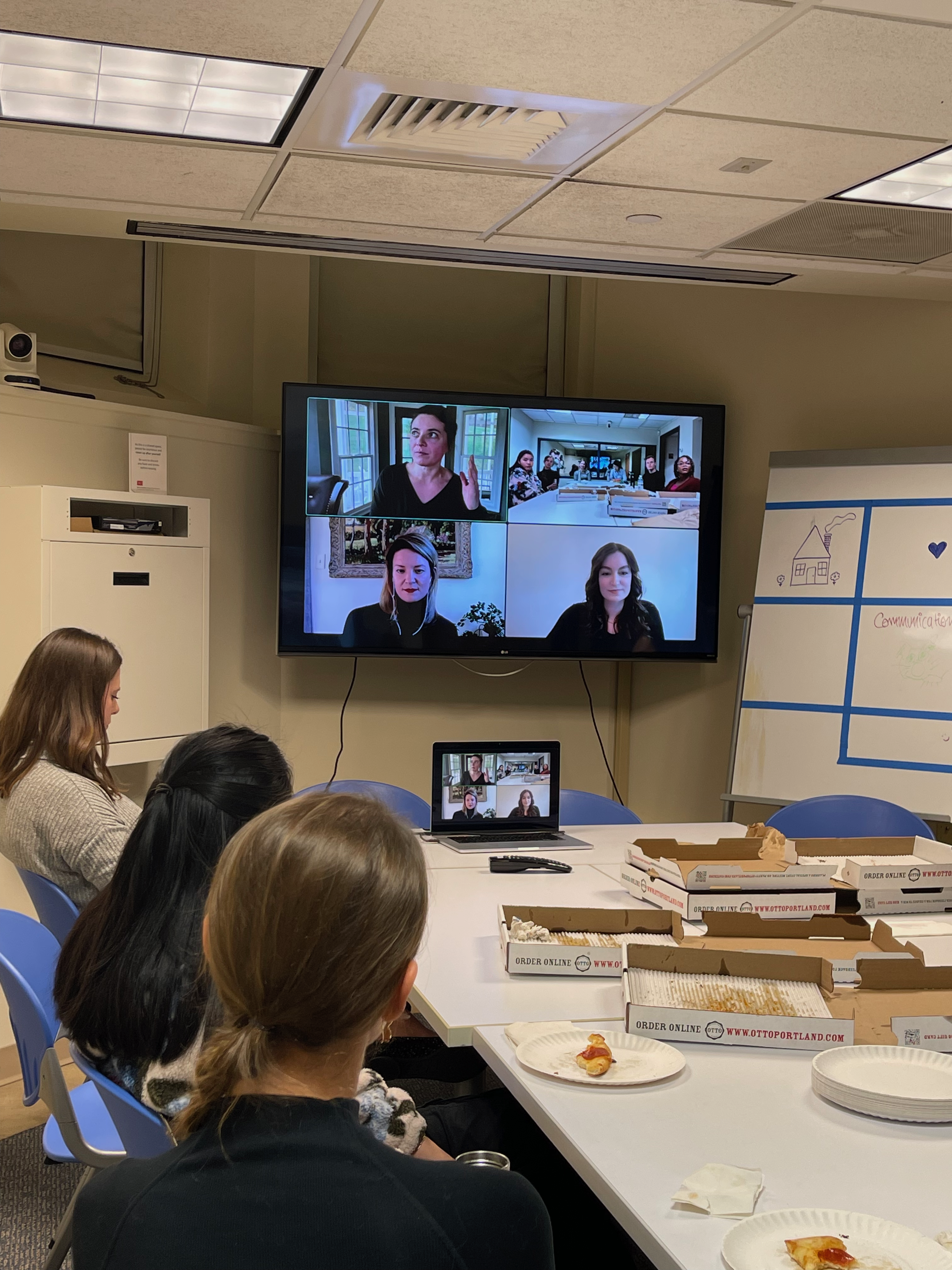
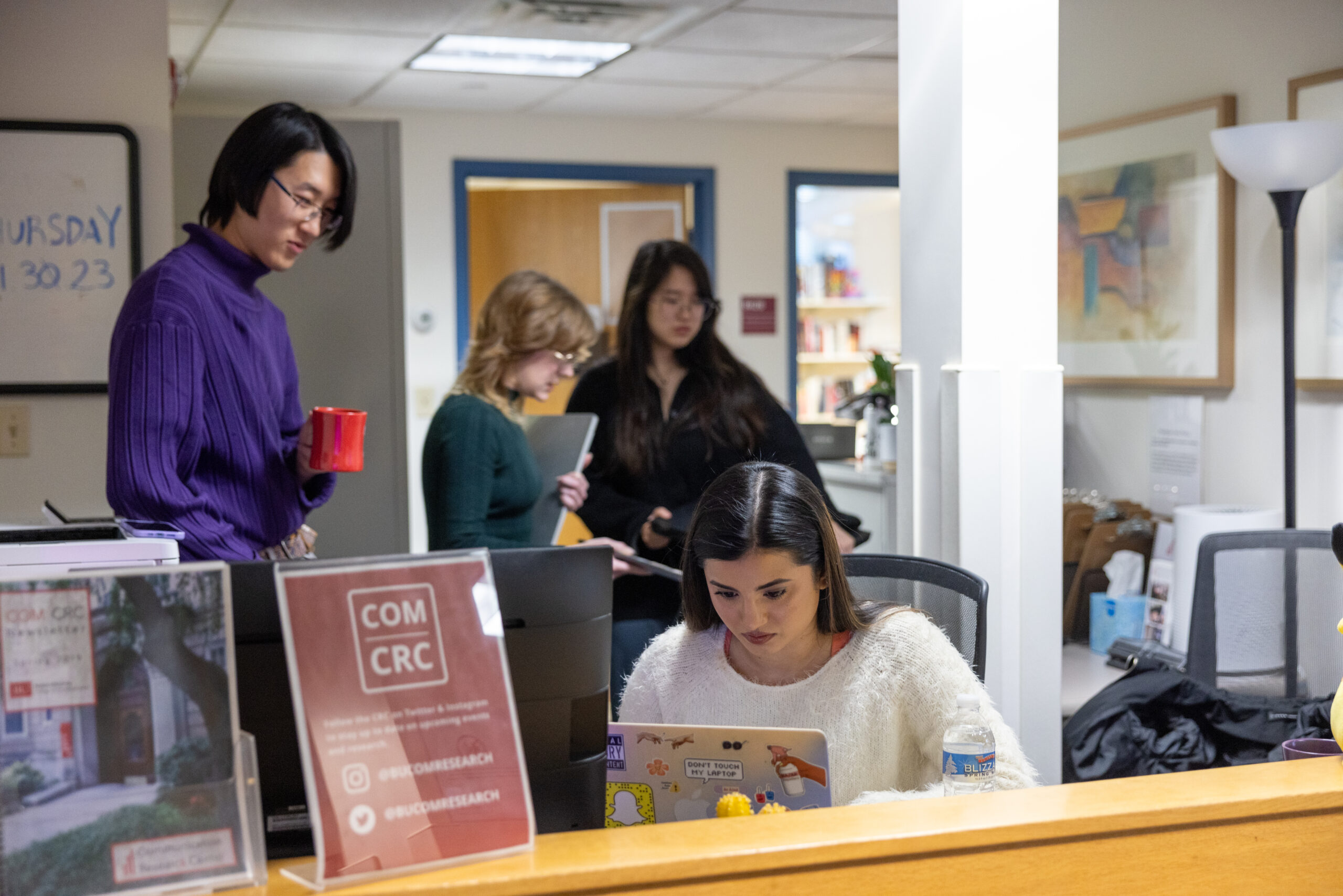
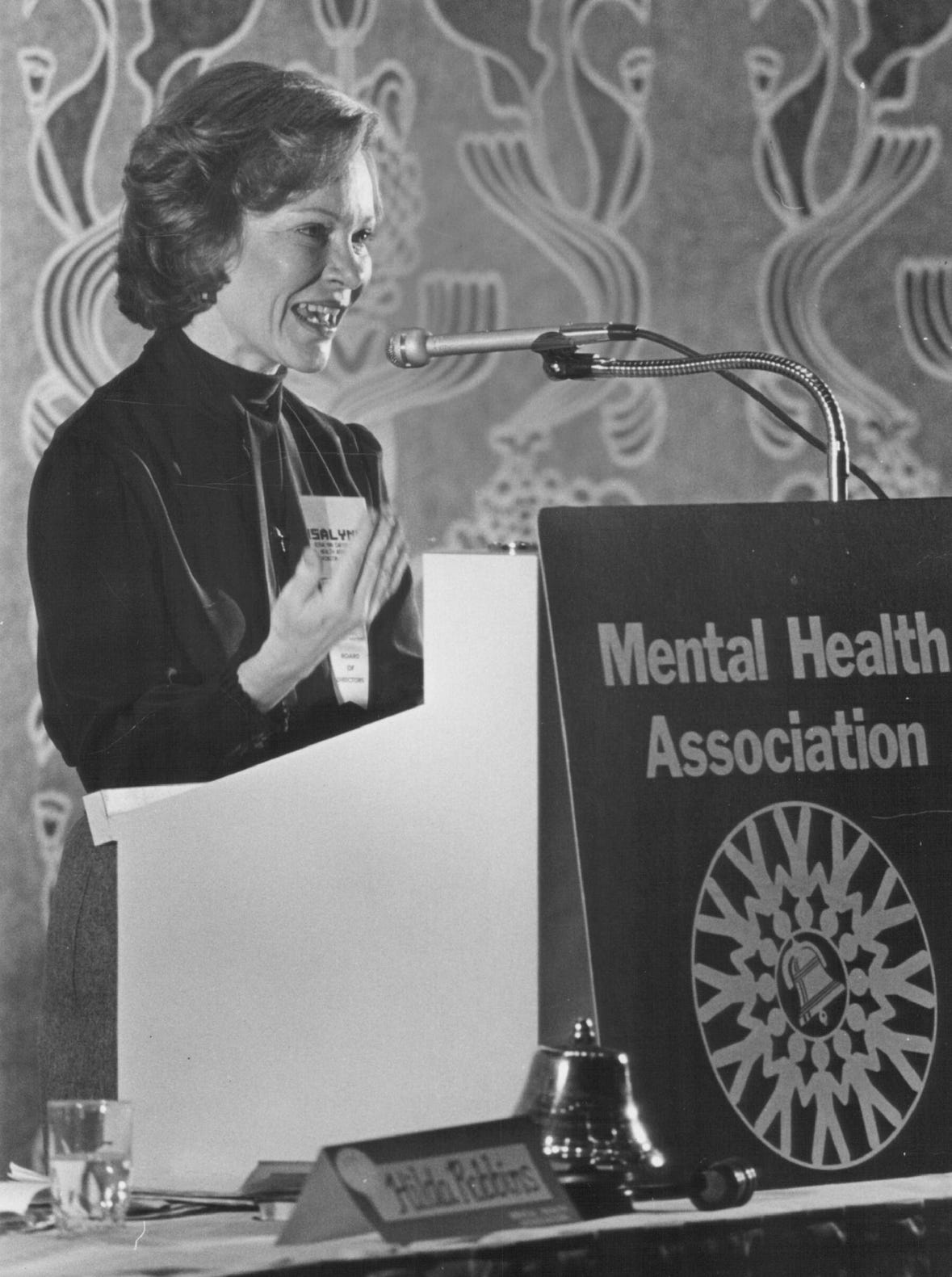
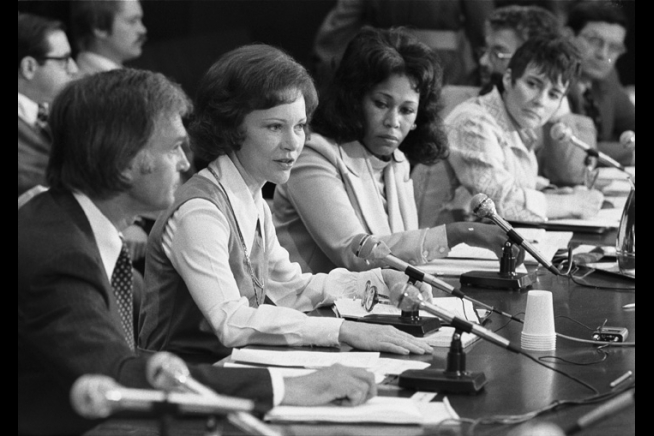



 You can learn more about this study from the
You can learn more about this study from the 